I speak to the broken halves of all our selves and tell them to embrace, loving the worst in us equally with the best
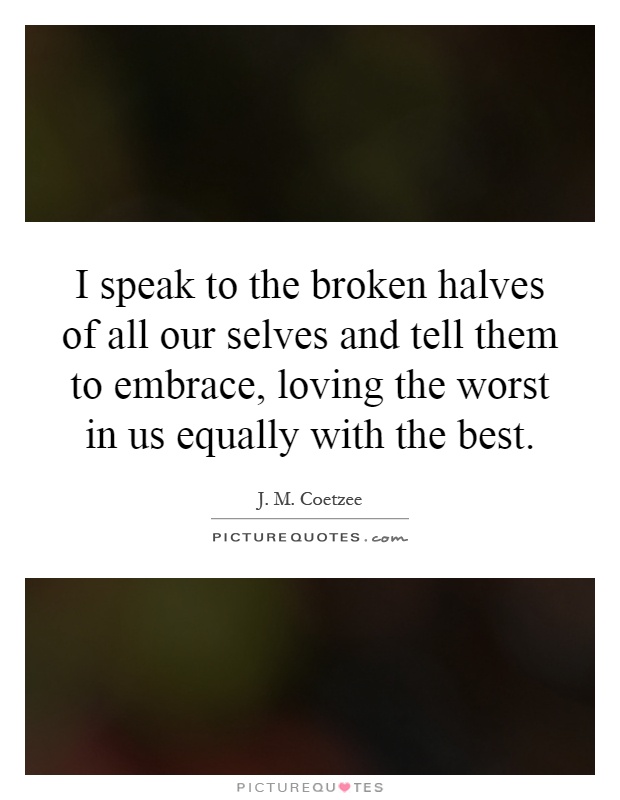
I speak to the broken halves of all our selves and tell them to embrace, loving the worst in us equally with the best
In the works of J.M. Coetzee, the theme of brokenness and fragmentation is a recurring motif that reflects the complexities of human nature and the struggles of the human condition. Coetzee's characters often grapple with their own inner demons, torn between their best and worst selves, and the tension between these opposing forces is a central conflict in many of his novels."I speak to the broken halves of all our selves and tell them to embrace, loving the worst in us equally with the best" is a powerful statement that encapsulates the essence of Coetzee's exploration of the human psyche. In his novels, characters are often depicted as fractured individuals, struggling to reconcile their conflicting desires, fears, and insecurities. They are haunted by their past traumas, haunted by their own flaws and shortcomings, and haunted by the knowledge that they are capable of both great good and great evil.
Coetzee's characters are complex and multi-dimensional, embodying the contradictions and complexities of the human experience. They are flawed and imperfect, yet capable of great compassion and empathy. They are haunted by their own inner demons, yet they strive to overcome their weaknesses and find redemption. In Coetzee's world, there is no easy resolution to the conflicts that plague his characters. Instead, they must confront their own inner demons and come to terms with their own brokenness in order to find peace and acceptance.
The idea of embracing and loving the worst in us equally with the best is a radical notion that challenges conventional notions of morality and ethics. It suggests that true self-acceptance and self-love can only come from embracing all aspects of our selves, even the darkest and most shameful parts. It requires a willingness to confront our own flaws and imperfections, to acknowledge our own capacity for cruelty and selfishness, and to accept that we are all capable of both good and evil.
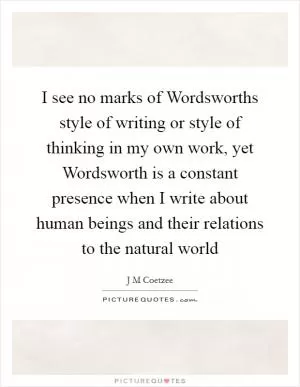
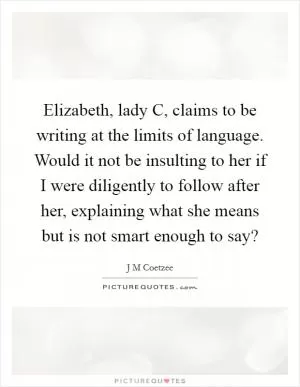

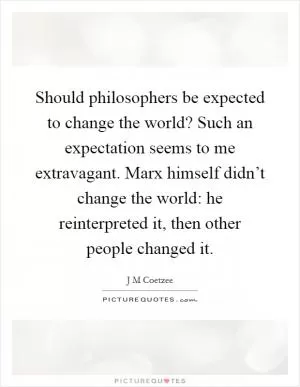

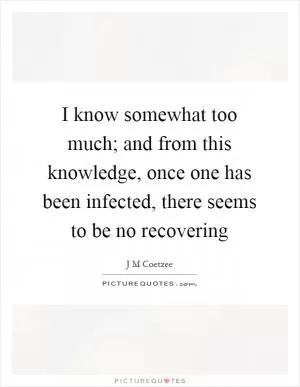
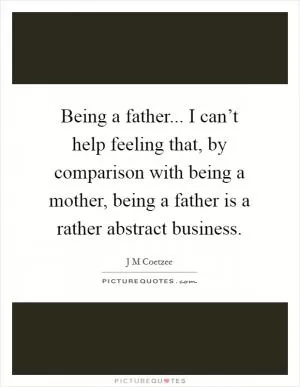
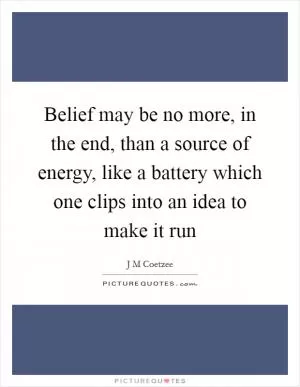
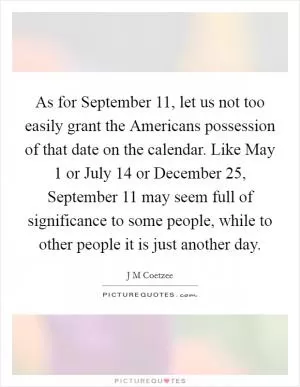
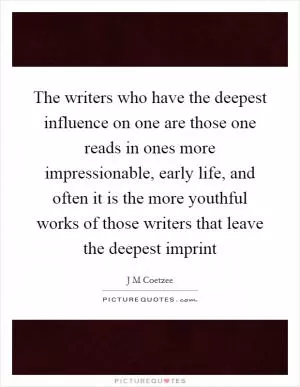
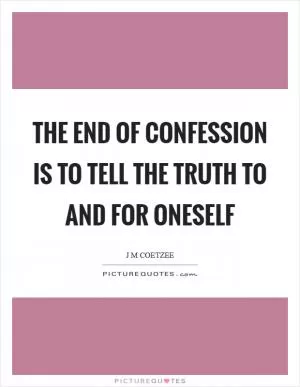
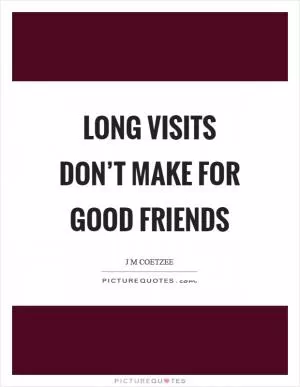
 Friendship Quotes
Friendship Quotes Love Quotes
Love Quotes Life Quotes
Life Quotes Funny Quotes
Funny Quotes Motivational Quotes
Motivational Quotes Inspirational Quotes
Inspirational Quotes